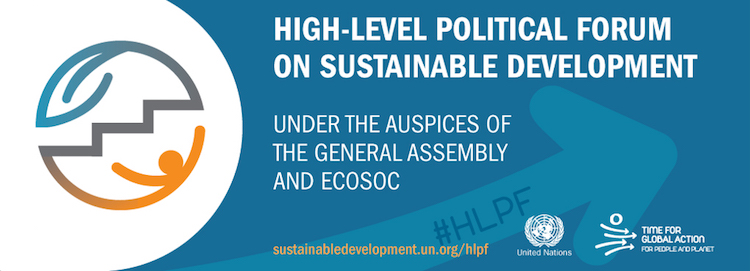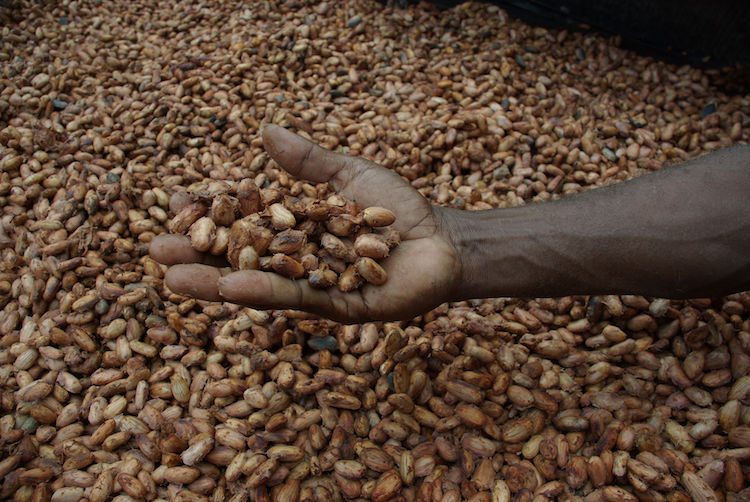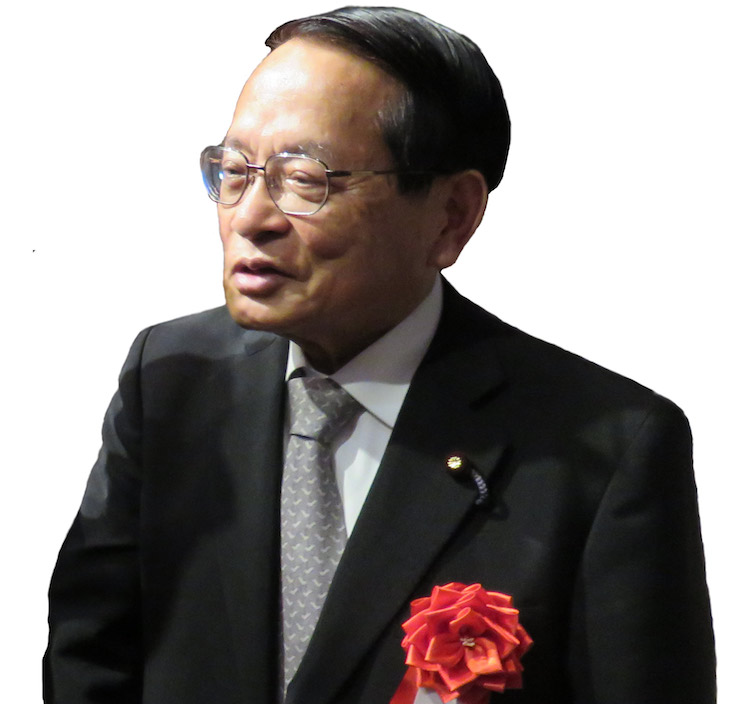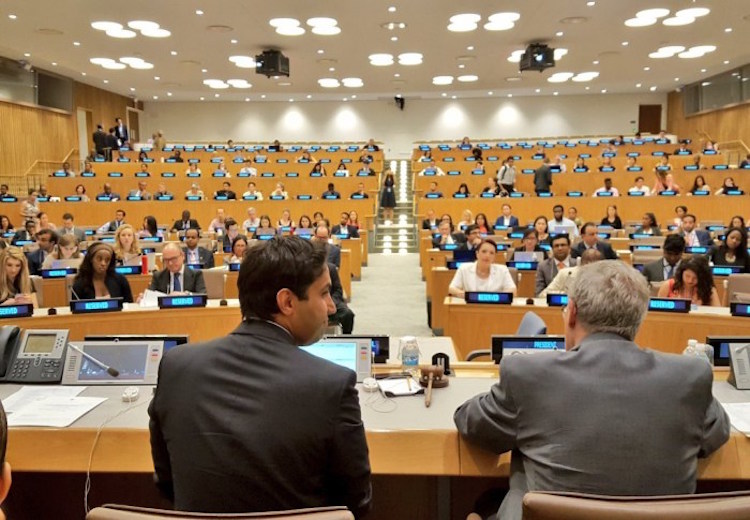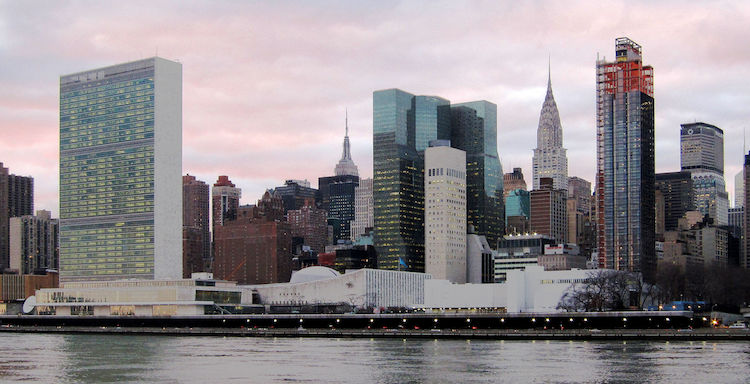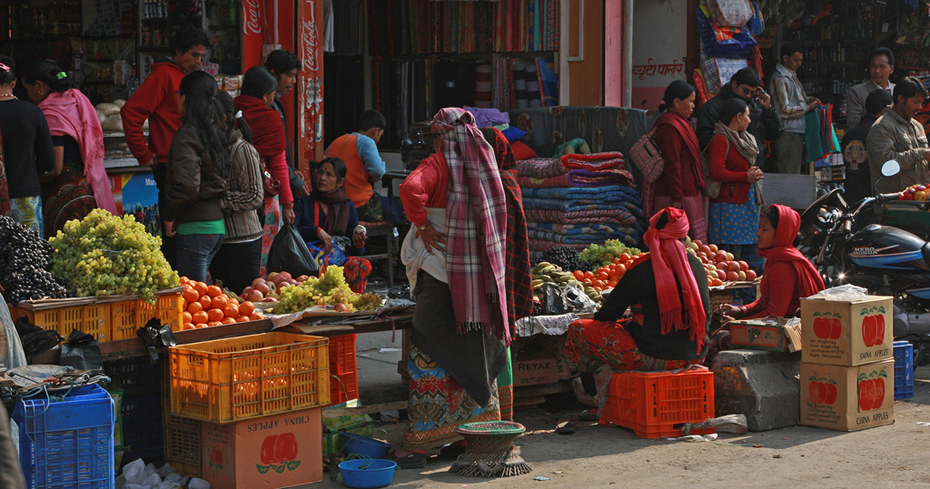By Rodney Reynolds
UNITED NATIONS (IDN) – The United Nations formally launched on July 11 its global campaign to help ensure the implementation of its 17 Sustainable Development Goals (SDGs) aimed at achieving social, economic and environmental advancement for over 7.0 billion people worldwide.
But the lingering question before the 10-day High Level Political Forum (HLPF) on SDGs was whether or not the international community will reach its targets, including the elimination of poverty and economic inequalities by 2030, as envisaged by world leaders in September 2015?
Reiterating the primary theme of the SDG Forum – “Ensuring that no one is left behind” – UN Secretary-General Ban Ki-moon said the successful implementation of SDGs will depend on its inclusiveness.

